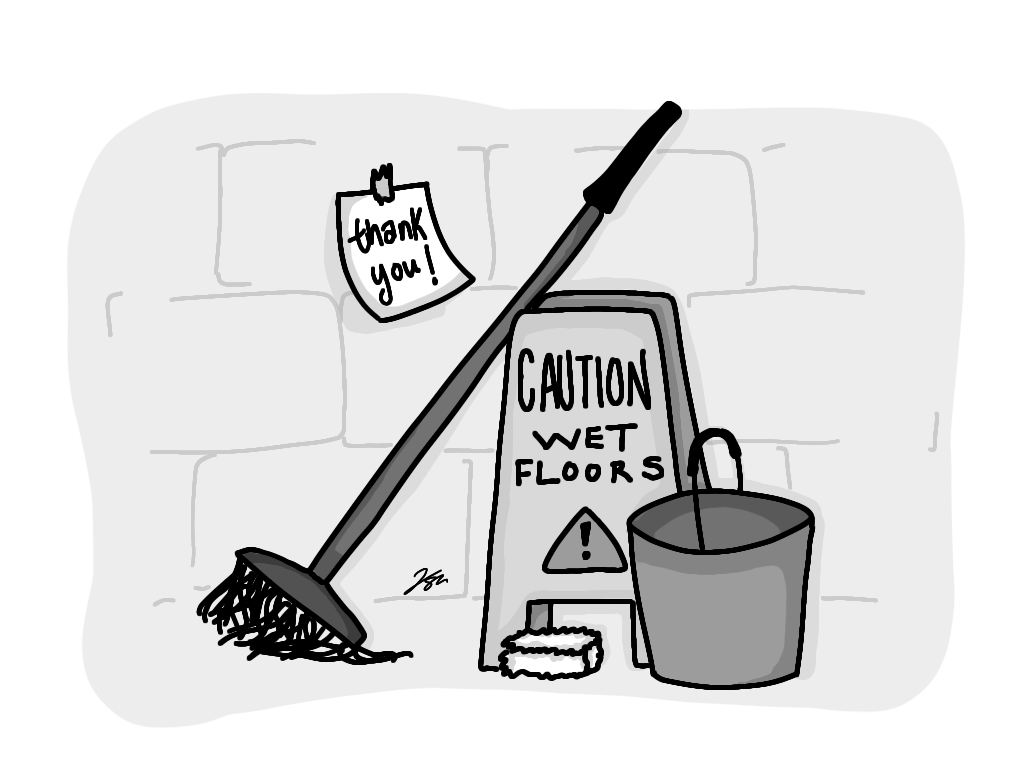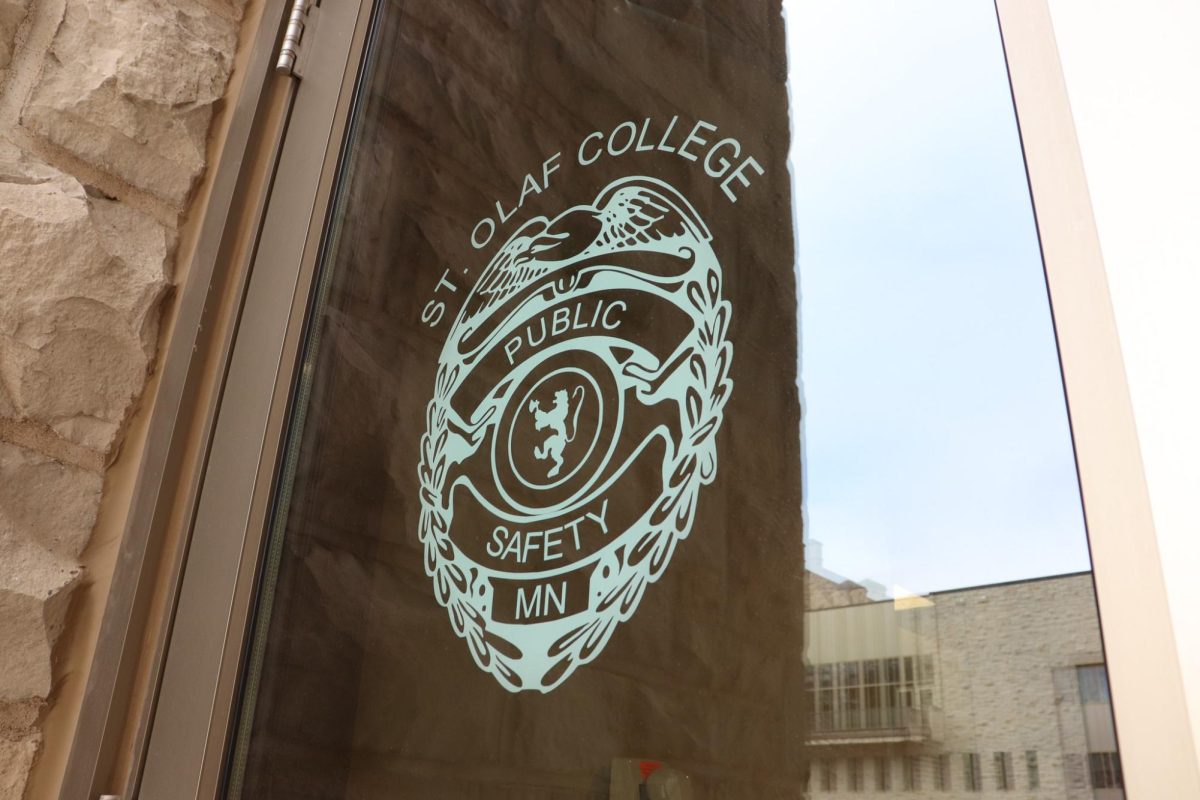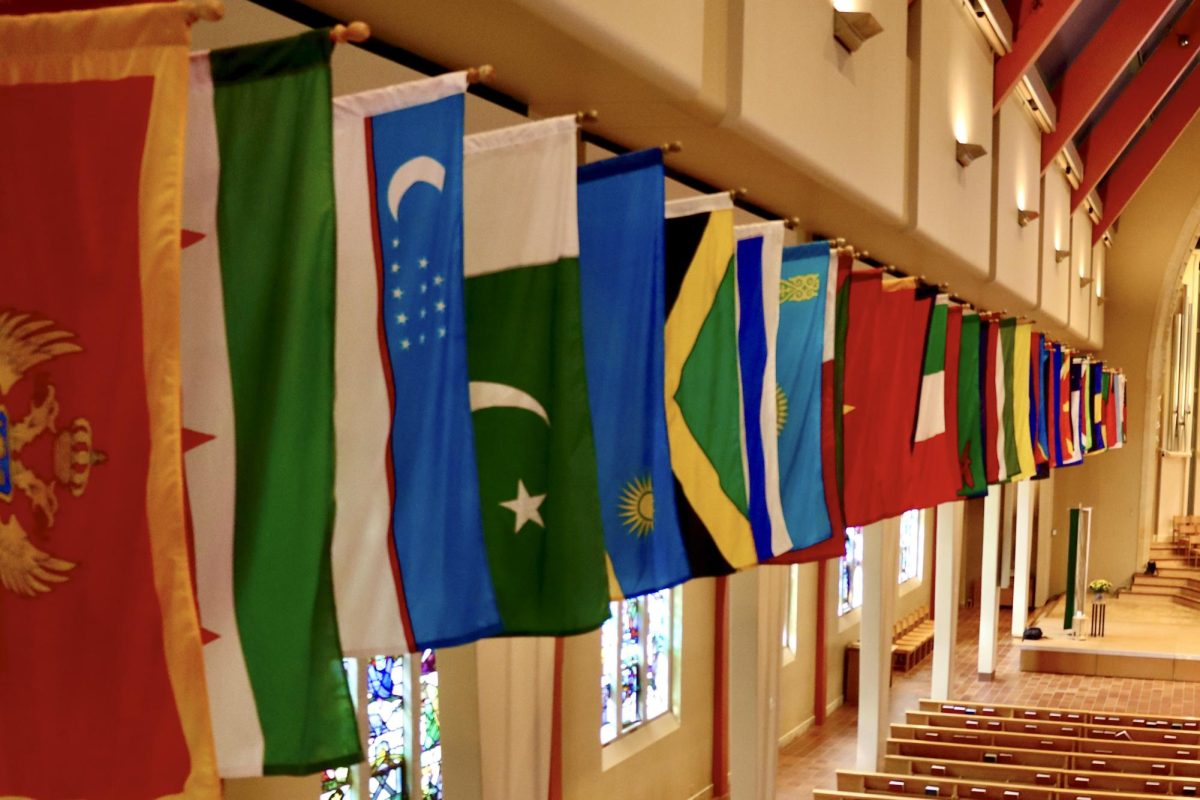By Cassidy Neuner
Staff Writer
On March 29, subscribers to St. Olaf Extra received an email from Anders Wahlberg ’17 in which he expressed his frustra- tions with St. Olaf ’s “incredibly broad and overreaching” poli- cies regarding speech on campus and “the ridiculous concept of safe spaces.” Wahlberg closed the email with a call to other stu- dents who feel similarly to join his student organization, which “will offend people” and “will violate the sanctity of St. Olaf’s safe spaces.”
Within days of the email being sent out, Nikki Lewis ’18, Udeepta Chakravarty ’17 and Cynthia Zapata ’16 organized a rally in response. The rally was held in the quad on April 1 dur- ing chapel time and drew many students despite the cold tem- peratures. Both the organizers and representatives from safe spaces on campus spoke to the crowd.
“It’s always very hard when marginalized students on cam- pus are trying so hard to make it clear that there’s issues at St. Olaf, and then emails like that go out,” Lewis said, “with so little regard to the fact that a lot of students on campus are subjected to hate speech and sometimes even hate crimes on this campus. So just sending out an email like that, what are you thinking?”
Chakravarty agreed. “What we are trying to do is to validate
the fact that we all believe that safe spaces are required for peo- ple who have marginalized identities or who have had traumat- ic experiences, and it is important for us to protect that,” he said.
Wahlberg’s email indicated that it wasn’t that safe spaces should be attacked, but that the mentality of safe spaces has not been contained in those safe spaces.
“By all means there should be safe spaces on campus. But making the entire campus a safe space is a threat to academic discussion and places people’s feelings above free speech. I don’t think there is a single issue that is ‘above debate.’ Classrooms, above all else, should not be safe spaces,” Wahlberg said.
“I think that there is a confusion between what a lot of people have been writing about in terms of safe spaces, as students de- manding that classrooms and the college campus be a safe space for students, and safe spaces as they exist for people with com- mon identities or common experiences to associate freely and then talk about their shared experiences,” Chakravarty said.
There has been a history of incidents on campus regarding marginalized people, such as last year when a display put up by the Gender and Sexuality Center about preferred pronoun usage was vandalized.





